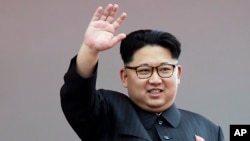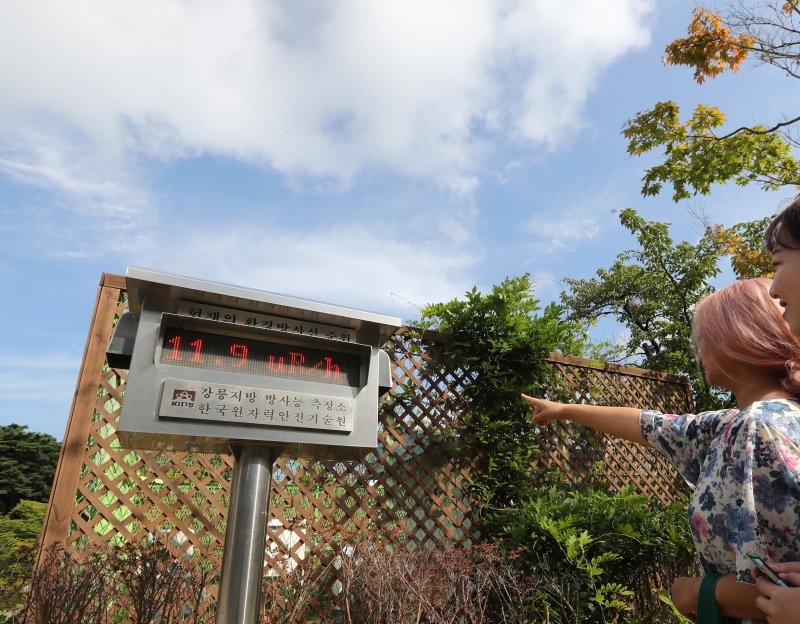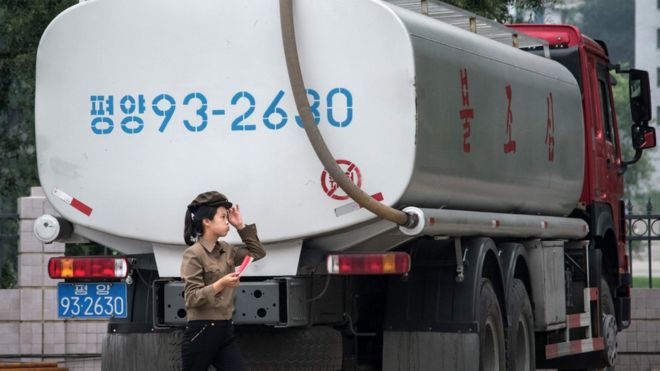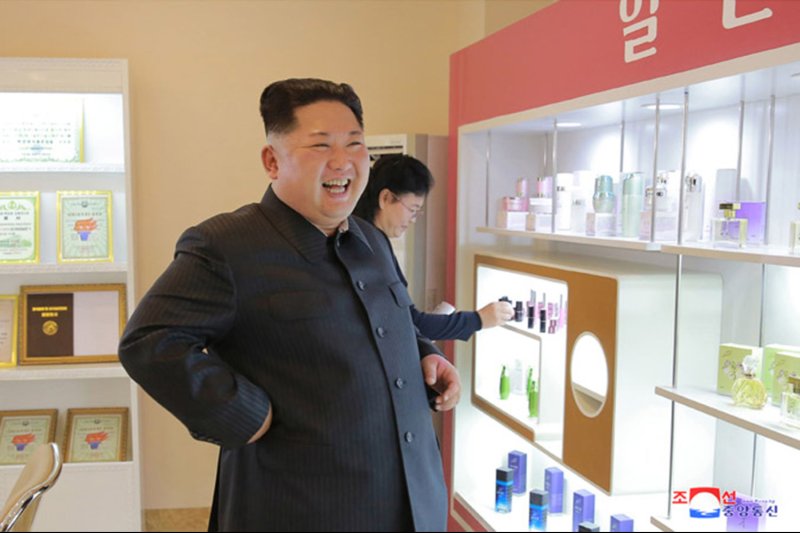- Banned
- #1
The U.N. Security Council is studying how to respond to revelations about a new uranium enrichment plant in North Korea, as well as the country's shelling of a populated island in neighboring South Korea, U.S. Ambassador Susan Rice said Monday.
Rice spoke after the powerful 15-member group held routine consultations on U.N. sanctions against communist-led North Korea. The United States is one of the council's five permanent, and most powerful, members.
She said the that council's concerns about North Korea's nuclear activities have been heightened by its attack last week on Yeonpyeong, an island under U.N. command and administered by South Korea. Two South Korean marines and two civilians were killed in the shelling.
Rice said the U.S. and other council members were holding consultations with China, another permanent member of the council, and other countries in the region.
"We've looked to China to play a responsible leadership role in working to maintain peace and security in that region," the U.S. ambassador said. "It's in China's interest."
"We continue to call on North Korea to cease its irresponsible actions against its neighbors, to fully abide by the terms of the armistice, and to adhere to its international obligations," said Rice. "We will continue to work with the international community to maintain peace and security in this region as we simultaneously confront the threat posed by North Korea's ongoing nuclear activities."
International worries about North Korea's nuclear weapons program sharpened earlier this month after a U.S. nuclear scientist reported visiting a new sophisticated uranium enrichment plant that could improve its ability to make and deliver nuclear weapons. The situation was made more critical after North Korea shelled the South Korean island.
The Security Council imposed economic and commercial sanctions on North Korea in 2006 after the country claimed to have held a nuclear test. It bars North Korea from holding any additional nuclear tests and demands the suspension of any existing nuclear program, with a review to be held every 90 days.
Rice spoke after the powerful 15-member group held routine consultations on U.N. sanctions against communist-led North Korea. The United States is one of the council's five permanent, and most powerful, members.
She said the that council's concerns about North Korea's nuclear activities have been heightened by its attack last week on Yeonpyeong, an island under U.N. command and administered by South Korea. Two South Korean marines and two civilians were killed in the shelling.
Rice said the U.S. and other council members were holding consultations with China, another permanent member of the council, and other countries in the region.
"We've looked to China to play a responsible leadership role in working to maintain peace and security in that region," the U.S. ambassador said. "It's in China's interest."
"We continue to call on North Korea to cease its irresponsible actions against its neighbors, to fully abide by the terms of the armistice, and to adhere to its international obligations," said Rice. "We will continue to work with the international community to maintain peace and security in this region as we simultaneously confront the threat posed by North Korea's ongoing nuclear activities."
International worries about North Korea's nuclear weapons program sharpened earlier this month after a U.S. nuclear scientist reported visiting a new sophisticated uranium enrichment plant that could improve its ability to make and deliver nuclear weapons. The situation was made more critical after North Korea shelled the South Korean island.
The Security Council imposed economic and commercial sanctions on North Korea in 2006 after the country claimed to have held a nuclear test. It bars North Korea from holding any additional nuclear tests and demands the suspension of any existing nuclear program, with a review to be held every 90 days.












